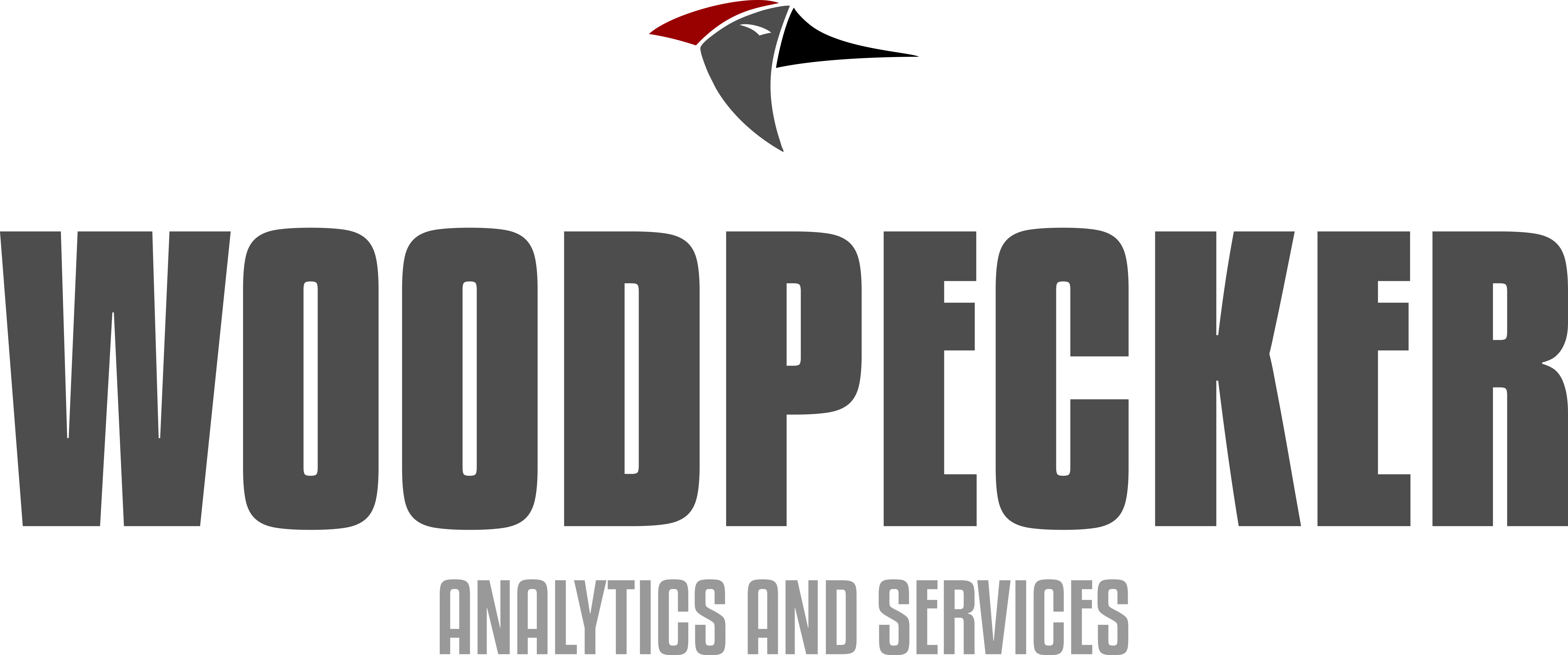The Role of data management in ensuring AI/ML accuracy & compliance.
In today’s data-driven world, Artificial Intelligence (AI) and Machine Learning (ML) have revolutionized how businesses operate. From predictive analytics to automated decision-making, these technologies offer unparalleled opportunities for efficiency and innovation. However, the foundation of accurate and compliant AI/ML systems lies in robust data management practices. Woodpecker, understanding the nuances of data management is critical to delivering cutting-edge solutions that maintain trust and reliability.
This article explores the crucial role of data management in ensuring AI/ML accuracy and compliance, highlighting key principles and best practices.
Why Data Management Matters for AI/ML?
AI and ML models thrive on data. The quality, structure, and governance of the data directly influence the outcomes these models produce. Poorly managed data can lead to biased predictions, flawed insights, and non-compliance with regulatory standards. Conversely, effective data management enhances data quality, maintains compliance, and ensures models operate as intended.
Here are the critical aspects where data management impacts AI/ML:
- Data Quality: High-quality data ensures that AI/ML models produce accurate results. It eliminates inconsistencies, redundancies, and errors that can skew outcomes.
- Data Integration: AI systems often require data from multiple sources. Proper integration ensures that this data is harmonized and ready for use.
- Data Governance: Clear policies around data usage, access, and security are essential for regulatory compliance and maintaining trust.
Key Principles of Data Management for AI/ML
To achieve accuracy and compliance, organizations need to focus on the following principles:
1. Data Accuracy and Consistency
AI/ML models are only as good as the data they are trained on. Organizations must ensure that their data is accurate, consistent, and up-to-date. Techniques like automated data validation and cleansing can help achieve these objectives.
For example, the Data Vault 2.0 framework—widely recognized for its structured and auditable data approach—is ideal for maintaining data quality. The structured nature of this framework enables organizations to train AI models with reliable datasets, improving model accuracy.
2. Automation in Data Management
Automating repetitive tasks, such as data cleaning, transformation, and integration, enhances efficiency and reduces human error. Tools powered by AI itself can be used to identify anomalies, correct errors, and ensure uniformity. For instance, companies like Coca-Cola have leveraged AI-powered ETL (Extract, Transform, Load) tools to optimize their data integration processes globally.
3. Data Lineage and Transparency
In compliance-driven industries, the ability to trace data back to its origin is essential. Data lineage ensures transparency by providing a clear trail of where the data comes from and how it has been processed. This not only enhances compliance but also builds trust in the results generated by AI models.
At Woodpecker, we emphasize transparent data practices to ensure our clients can trust the outputs of their AI systems. Learn more about our services.
Enhancing AI/ML with Effective Data Warehousing
A well-structured data warehouse acts as the backbone of any AI/ML initiative. It centralizes data from diverse sources, making it accessible and usable for advanced analytics. Integrating AI into data warehousing offers the following advantages:
Optimized Data Design and Structure
AI algorithms can analyze usage patterns within a data warehouse to suggest optimal data models and indexing strategies. This improves query performance and ensures scalability. Organizations can rely on this capability to future-proof their data architecture.
Automated Data Cleaning and Integration
AI-powered automation can handle low-level tasks like data cleaning and transformation, freeing up data engineers to focus on strategic activities such as model design and deployment. These efficiencies enhance the overall performance of AI/ML systems.
Natural Language Processing (NLP) for Business Users
AI-driven tools can enable non-technical users to interact with the data warehouse using natural language queries. This democratizes data access, allowing more stakeholders to leverage insights without requiring deep technical expertise.
Ensuring Compliance with Robust Governance
Regulations like GDPR, CCPA, and others require businesses to maintain stringent data governance practices. AI/ML systems that operate without compliance risk severe legal and reputational consequences. Effective data governance encompasses:
- Automated Tagging and Documentation: AI can automatically tag and document data assets, streamlining audits and ensuring traceability.
- Access Control: Implementing robust access control mechanisms prevents unauthorized data usage.
- Ethical AI Practices: AI models should be regularly audited for biases to ensure ethical outcomes.
Discover our approach to compliance at Woodpecker.
Leveraging Data Vault for AI/ML Success
The Data Vault 2.0 framework offers a robust foundation for AI/ML initiatives. Here’s how:
- Improved Data Quality: Data Vault’s structure ensures clean, reliable data, reducing the time spent on data preparation.
- Enhanced Historical Analysis: Its ability to capture comprehensive historical data enables AI models to perform accurate trend analysis and forecasting.
- Data Reliability and Lineage: By ensuring data lineage, Data Vault builds transparency and trust in AI applications.
Conclusion
In the evolving landscape of AI and ML, effective data management is not just a best practice—it’s a necessity. Woodpecker, the integration of robust data management practices ensures that AI/ML systems are accurate, reliable, and compliant. From maintaining high data quality to leveraging advanced frameworks like Data Vault 2.0, organizations can unlock the true potential of AI while adhering to regulatory standards. Explore how Woodpecker can help your organization optimize its data management and AI capabilities. Get in touch with us today.


